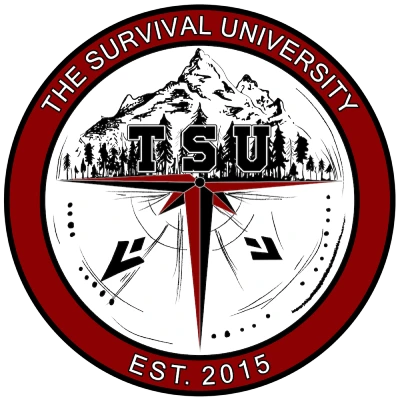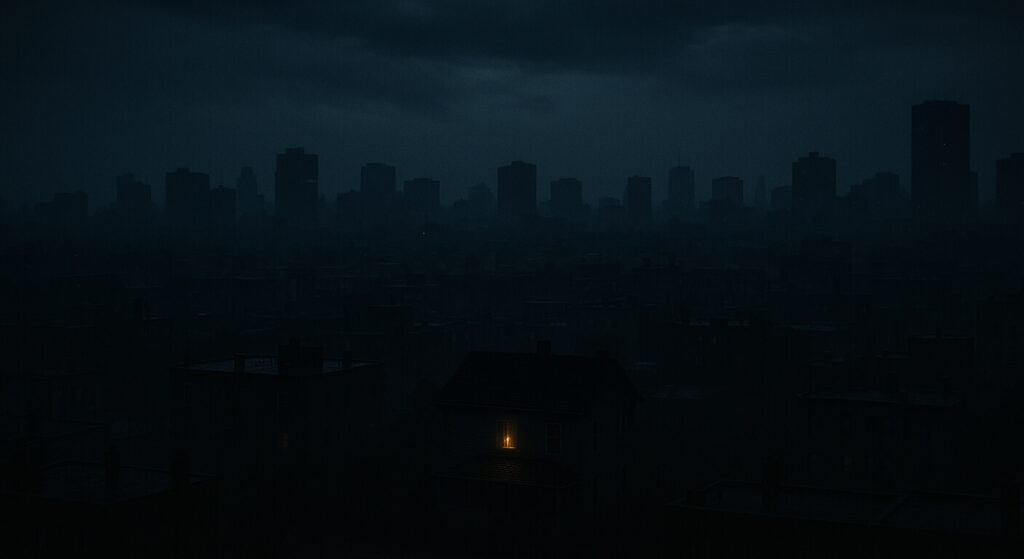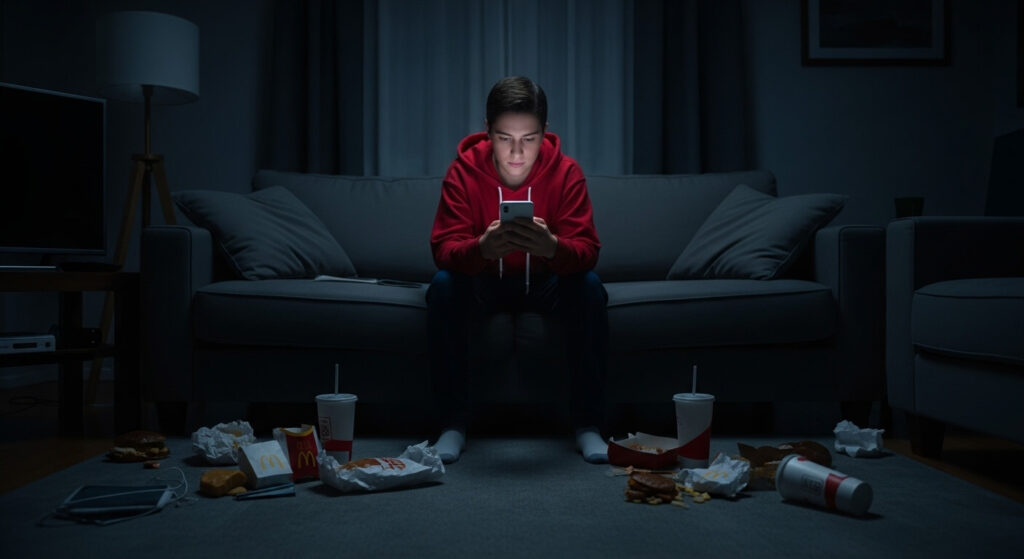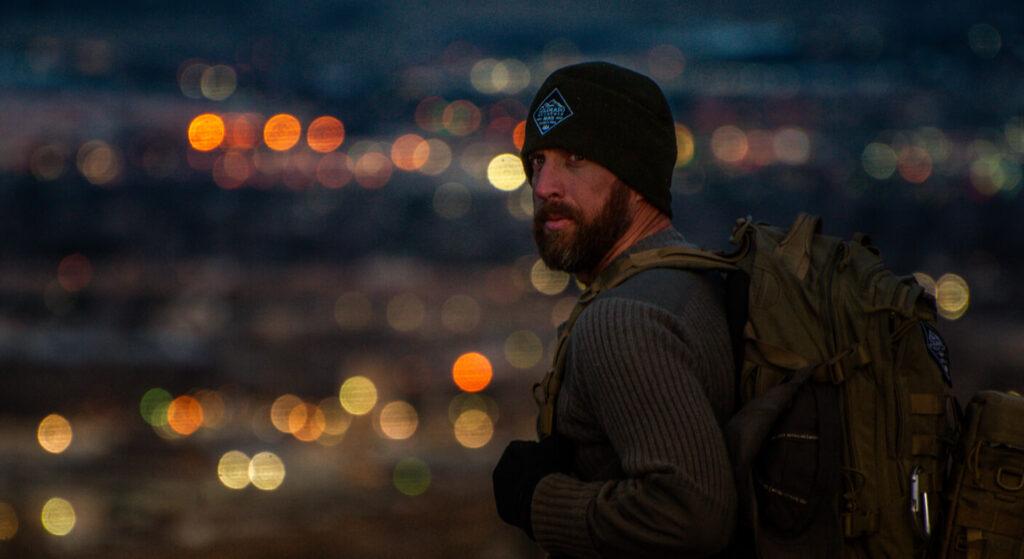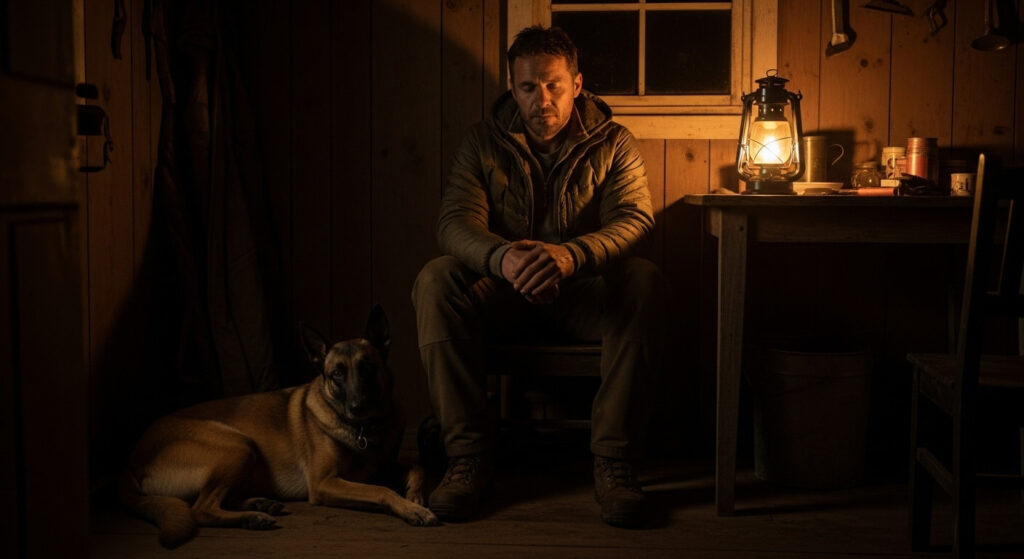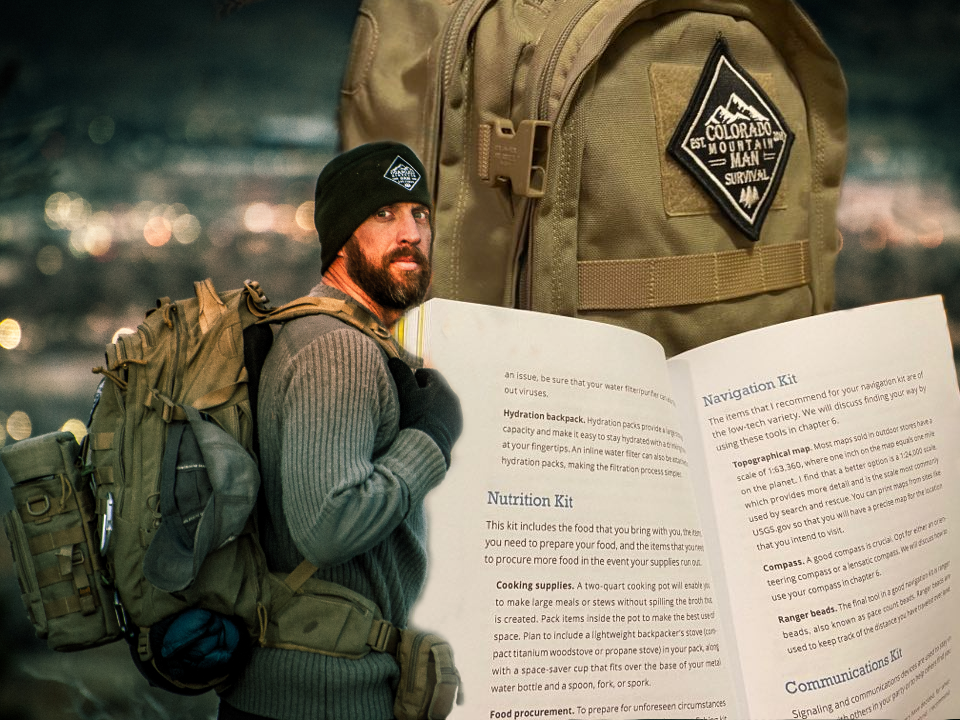Cart
14 min read
Why Modern Comforts Make Us Weak
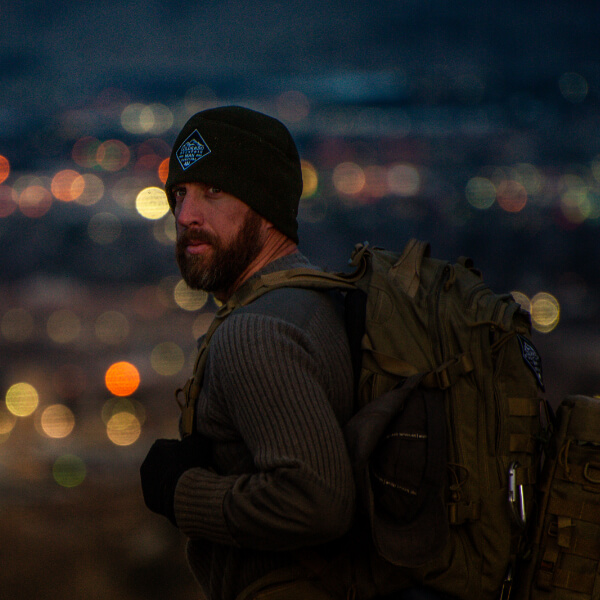
Why Modern Comforts Make Us Weak
What the government shutdown and SNAP crisis reveal about our fragile dependence
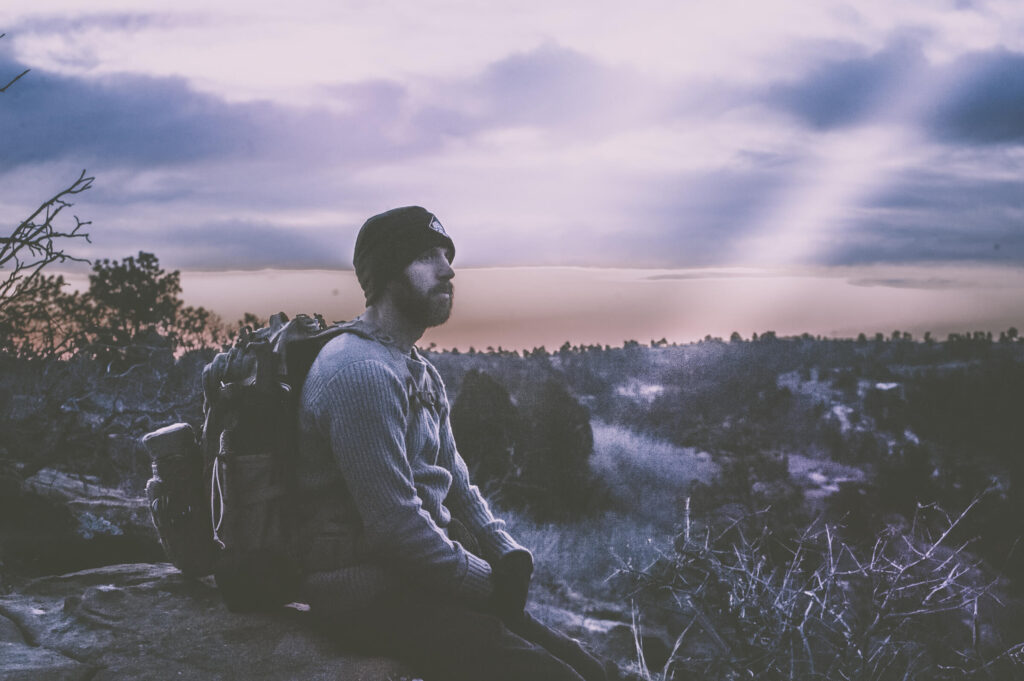
Full Shelves, Empty Awareness
People seem to forget how fragile our system really is. Every time something big hits like a pandemic, a blizzard that shuts down cities, floods, or a government shutdown, people suddenly wake up. Right now, panic looks a little different. If SNAP benefits do not pay out, shelves stay full while refrigerators go empty. That is not a supply crisis, it is an access crisis. Food banks get slammed, families start rationing, and people sit in warm houses staring at food they do not want to eat.
The truth is, most people do not realize how thin the line is between comfort and chaos. The system that keeps food on the shelves and lights on in the kitchen is built on assumptions that everything will keep working. Trucks will keep running. Power will keep flowing. Paychecks will keep coming. But as soon as one part of that chain cracks, people panic because they have forgotten how to live without it.
Comfort has become our cage. It numbs our instincts, dulls our awareness, and teaches us to believe that struggle is optional. Every time the world wobbles, people get scared, then once it steadies again, they forget. Awareness fades, complacency creeps in, and the lesson disappears until the next crisis rolls through.
The government shutdown and the uncertainty around SNAP are just the latest reminders of how fragile our dependence really is. People are scared, and rightfully so. But fear without action does not build strength. Awareness without discipline does not build resilience. What we are seeing right now is not just a failure of policy but a failure of mindset.

The Fragile Illusion of Security
When everything works, we stop paying attention. That is the illusion of modern security. We get used to the hum of electricity, the glow of our screens, and the steady flow of groceries that seem to appear out of thin air. We build our lives around the idea that these systems will always be there for us.
Then something breaks, and we realize how little we control.
A storm takes down the power grid.
A truckers’ strike empties store shelves.
A cyberattack locks down bank accounts.
A government shutdown freezes food benefits.
Suddenly, people who have never gone without start to panic because their world stops running smoothly. The reality is, the system was never designed to keep everyone comfortable forever. It was designed to function, and when it doesn’t, the cracks show fast.
I see it every time the news cycle heats up. One week it is a pandemic, the next it is a fuel shortage or a natural disaster. Each time, awareness spikes, then vanishes as soon as things go back to “normal.” The truth is, normal is an illusion. It is the pause between storms.
I learned this early on. Growing up in the mountains, you pay attention because the mountains do not care if you are comfortable. The weather can change in minutes, and if you are not ready, you pay for it. That kind of awareness is not fear, it is respect. It is knowing the world does not owe you anything.
That is what most people have lost. Respect for the things that keep them alive. Respect for nature, for food, for heat, for water. The more comfortable we become, the more we expect those things to always be there. We forget that every convenience we have is built on the back of something fragile.
When comfort replaces awareness, the smallest disruption feels like disaster. But for those who have learned to live with awareness, disruption is just part of life. They adapt, they learn, and they move forward.
Comfort — The Slow Erosion of Resilience
Comfort is the new cage. We chase it, build our lives around it, and defend it like it is freedom itself. But the truth is, comfort is what dulls the blade. It makes us slow, soft, and unwilling to adapt. Every generation before us had to work harder just to survive another day, but now most people panic if the Wi-Fi drops or the grocery store is out of their favorite brand.
We live in a time where people confuse convenience with security. Hot water, fast food, and online shopping give the illusion that life is under control. But comfort is only peace borrowed on credit, and the bill always comes due. When that comfort is taken away, people crumble because they have not built the mental or physical resilience to handle discomfort.
At The Survival University, I see it all the time. Students come to class expecting a challenge, but what surprises them most is how quickly their minds start to fight back against the simplest struggles. Cold hands, sore muscles, or hunger, these things feel foreign in a world where everything is instant. Then something changes. They stop fighting the discomfort and start working with it. That’s where resilience begins.
The wilderness doesn’t hand out comfort, but it does hand out truth. When you strip away the noise, you find out who you are and what you’re made of. You discover that resilience is not built in moments of ease, but in moments when you have no choice but to keep going.
Comfort kills, not because it is bad, but because it makes you forget what you are capable of. It makes you rely on systems instead of yourself. It makes you crave convenience instead of challenge. Nature doesn’t care about your comfort, and neither does crisis. Both demand presence, awareness, and adaptability, qualities that have been traded for the illusion of control.
The SNAP Crisis — When Comfort Meets Reality
Right now, millions of people are facing a hard truth about dependence. With the government shutdown threatening SNAP benefits, families across the country are realizing that the system they rely on for food can stop overnight. This isn’t a shortage problem. Stores are full. Trucks are running. The issue is access, not supply.
If SNAP does not pay out, shelves stay full while refrigerators go empty. That’s not a shortage of food, that’s a shortage of control. Food banks will be overwhelmed, and families will be forced to make hard decisions. For many, it will be the first time they truly experience what survival feels like in the modern world, the quiet panic of realizing that comfort was never security.
But this isn’t just about poverty or policy. This is about mindset. We’ve built a culture that would rather go hungry than eat what’s already sitting in the cupboard. We’ve trained our brains to crave convenience, to reach for the prepackaged, pre-seasoned, ready-in-five-minute comfort foods that have become our modern staple.
I grew up in a home that didn’t have much. We didn’t always have a stocked pantry or fancy ingredients, but we had each other, and we learned to make do. I still remember one night when my mom threw together some grain dish with whatever we had in the cupboard. It wasn’t good, and I remember her crying because she felt bad that it was all she could give us. Yeah, Mom, I remember that, and I love you for it. I probably complained a little because I was a kid, but I went to bed with food in my belly, and that mattered more than taste.
That night taught me a lesson that stuck with me for life, gratitude. Gratitude for food, for effort, for survival itself. It’s easy to take those things for granted when you’ve never gone without. But when I look at the world today, I see people who have forgotten that food isn’t supposed to be convenient, it’s supposed to be earned.
This current SNAP crisis isn’t just a government issue; it’s a wake-up call. The system is fragile, and comfort has made us blind to it. When people lose access to their safety nets, they don’t just lose support, they lose confidence. The power of awareness is realizing that systems can fail, but you don’t have to.
Awareness Should Empower You, Not Exhaust You
Awareness should empower you, not exhaust you. That simple idea is something I live by every day. Too many people hear the word “preparedness” and think it means living in fear, stocking bunkers, hoarding supplies, and expecting the worst. But that’s not awareness, that’s anxiety. Real awareness is calm. It’s paying attention without panicking. It’s seeing the world for what it is and still moving forward.
Awareness isn’t about expecting disaster every morning when you wake up. It’s about understanding that disaster is always a possibility and choosing to be ready for it. It’s the quiet confidence that comes from knowing you can adapt when things change. And they always change.
I live in a steady state of awareness every day. Not paranoid. Not panicked. Just awake. I don’t have the illusion that the world around me is safe or that anyone will come to save me if things go bad. I pay attention to what’s happening around me, take care of the basics, and keep learning new skills because I’ve seen how fast comfort disappears. The difference between fear and awareness is that fear drains you while awareness fuels you.
This kind of mindset isn’t limited to wilderness survival. It’s something everyone can live by. Awareness means knowing where your food comes from, how to cook without power, how to fix what breaks, and how to handle uncertainty. It’s a lifestyle that builds confidence instead of dependence. It gives you options.
Preparedness isn’t paranoia, it’s gratitude. It’s respect for the life you’ve built and the people you love enough to protect. It’s understanding that comfort is temporary but strength is earned. And that mindset, the ability to stay calm, capable, and grateful when the world shakes, is what separates those who crumble from those who adapt.
The Modern Survival Disconnect
Modern survival isn’t just about the wilderness anymore. It’s about how we navigate the world we’ve built, cities, systems, and screens. People think survival means getting lost in the woods or lighting a fire with sticks, but the truth is, most survival situations now happen in everyday life. Losing a job, facing inflation, watching systems fail, these are the new wilderness.
At The Survival University, we teach both primitive and modern survival skills for that reason. Because survival isn’t about living off the grid, it’s about being self-reliant wherever you are. It’s about understanding that you can’t control everything, but you can control your mindset, your actions, and your preparation.
Urban survival is knowing how to purify water when the pipes freeze, how to find light when the power goes out, how to navigate when GPS fails, and how to stay calm when others lose their footing. Wilderness skills and city skills are more connected than people think, both require observation, patience, and adaptability.
The same fragility we see in nature exists in our cities, only hidden behind walls and lights. Most people just don’t see it because they’ve never had to. The grocery store is their wilderness. The supply chain is their hunting ground. The system has done such a good job making life comfortable that we’ve forgotten how to live when it doesn’t.
But awareness bridges that gap. Once you see how interconnected everything is, you start to take ownership again. You stop waiting for rescue and start acting on your own behalf. Whether it’s building a fire in a forest or figuring out how to feed your family during a government shutdown, it’s the same principle, awareness, adaptability, and action.
When people come to our courses, I tell them that wilderness skills don’t just belong in the woods. They carry over into everyday life. Learning to build a shelter, start a fire, or find food teaches you how to observe, adapt, and problem-solve. Those same habits make you sharper in the city, at work, or anywhere else. Survival isn’t about running from society, it’s about learning to move through it with awareness and adaptability. Comfort without awareness is fragility, and awareness without action is wasted potential.
Comfort Kills, But Awareness Heals
Comfort kills. It doesn’t happen fast like a storm or a fall. It happens slowly, quietly, while we convince ourselves that everything is fine. Comfort dulls our senses and disconnects us from the things that make us human, awareness, effort, gratitude, and adaptability. The more we have, the less we tend to appreciate it. The more convenient life becomes, the less we notice how fragile it really is.
Every so often, something comes along to remind us. Sometimes it’s a blizzard that freezes cities. Sometimes it’s a flood that cuts off roads or sweeps away homes. Sometimes it’s a government shutdown that threatens to pull the rug out from under millions of families. In those moments, the illusion of security shatters, and we are left staring at the truth, comfort was never guaranteed.
I understand that people are struggling right now. Some are scared, some are desperate, and some are just tired of trying to hold it together. I get it. I’ve been there. Believe it or not, I’m being hit hard by this shutdown too, just in a different way. My world feels uncertain right now, but life goes on. I’m adapting, doing what I have to do to keep food on the table, the lights on, and to make sure Stryker keeps getting fatter. Every challenge teaches me something new, and when things go back to “normal,” I’ll carry those lessons forward.
That’s what awareness does, it gives you strength when comfort disappears. It reminds you that control doesn’t come from systems, it comes from mindset. It keeps you steady when the world gets loud. You don’t have to live in the woods to live awake. You don’t have to be a survival instructor to prepare your family for what’s next. You just have to care enough to pay attention, to take action, and not fall back into the same patterns when things eventually return to “normal.”
Preparedness isn’t about fear or control. It’s about gratitude. It’s about respect, for your life, your family, your home, and the land that keeps you alive. Awareness should empower you, not exhaust you. It should give you peace, not paranoia.
The next time the world shakes, whether it’s a shutdown, a storm, or something else entirely, don’t just wait for things to go back to normal. Ask yourself what normal really is. Then decide whether it’s worth returning to.
Note: Some images used in this article were created using AI for illustrative purposes. The stories, lessons, and perspectives shared here are real, drawn from personal experience and real-world events.

About the Author
Jason Marsteiner is the founder and lead instructor at The Survival University, where he’s turned his obsession with staying alive into a mission to teach real-world survival skills. Forget fancy gear, Jason’s all about the know-how that gets you through the wild or a city crisis. A published author of Wilderness Survival Guide: Practical Skills for the Outdoor Adventurer, he’s distilled years of hard-earned wisdom into lessons anyone can use.
Raised in Colorado’s rugged mountains, Jason’s survival chops were forged in the wild—from Missouri forests to Arizona deserts to Costa Rican jungles. He’s navigated it all with next to nothing, earning creds like Wilderness First Responder (WFR) and SAR tracking along the way. He’s trained thousands to keep cool when 911’s out of reach, proving survival’s not just for grizzled adventurers, it’s for hikers, parents, and city slickers alike.
Jason’s mantra? Everyone should make it home safe. When he’s not running courses, he’s designing knives, mentoring newbies, or chilling in the city like the rest of us, always sharpening the skills that turn panic into power.
Leave a Comment
Why Modern Comforts Make Us Weak
The government shutdown and SNAP crisis reveal how fragile modern life really is. Comfort kills, but awareness builds resilience and real security.
Analogy of a Survival Kit
A Survival kit is a package containing essential items and supplies that are designed to help individuals survive during an emergency situation.
